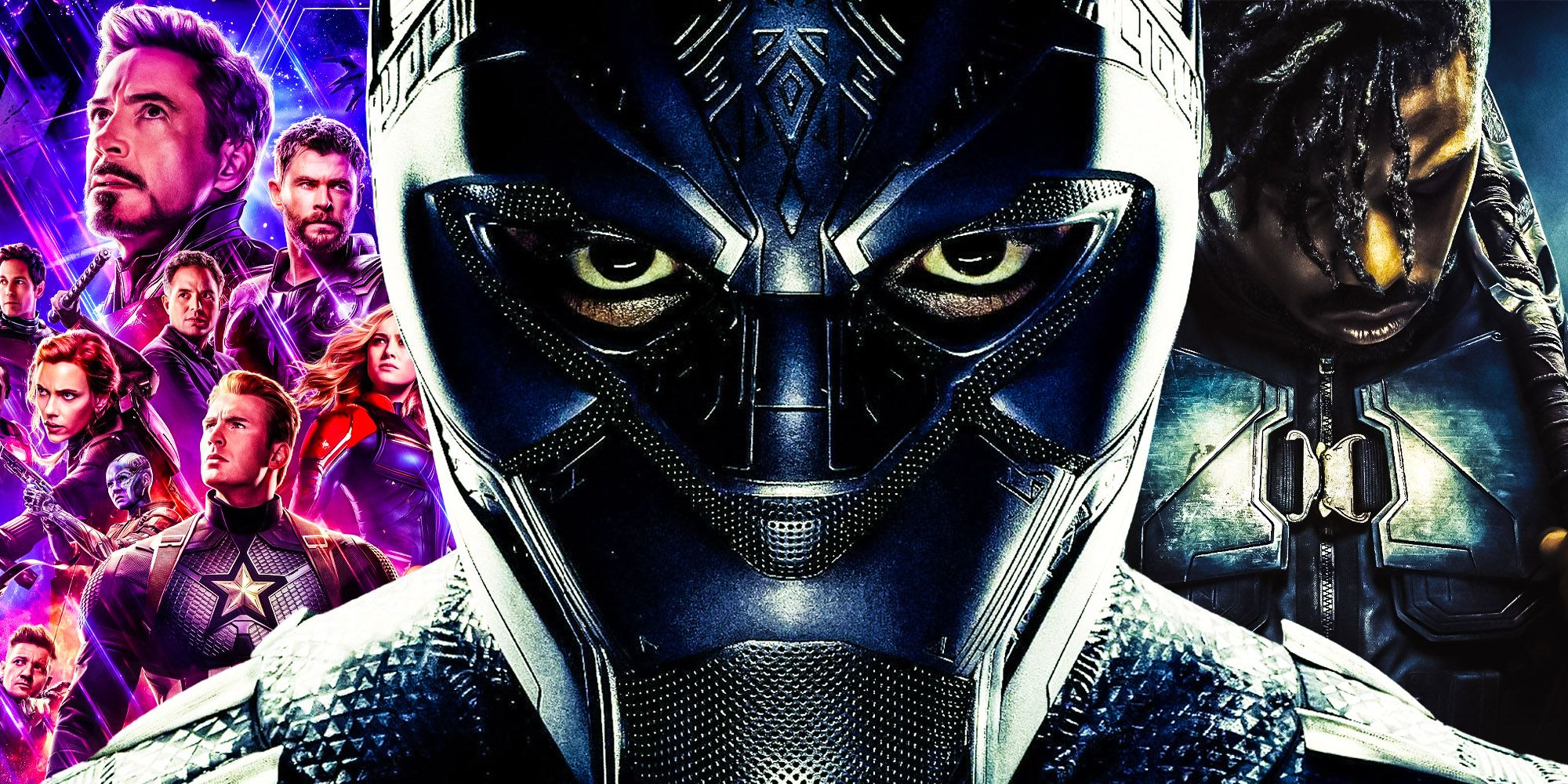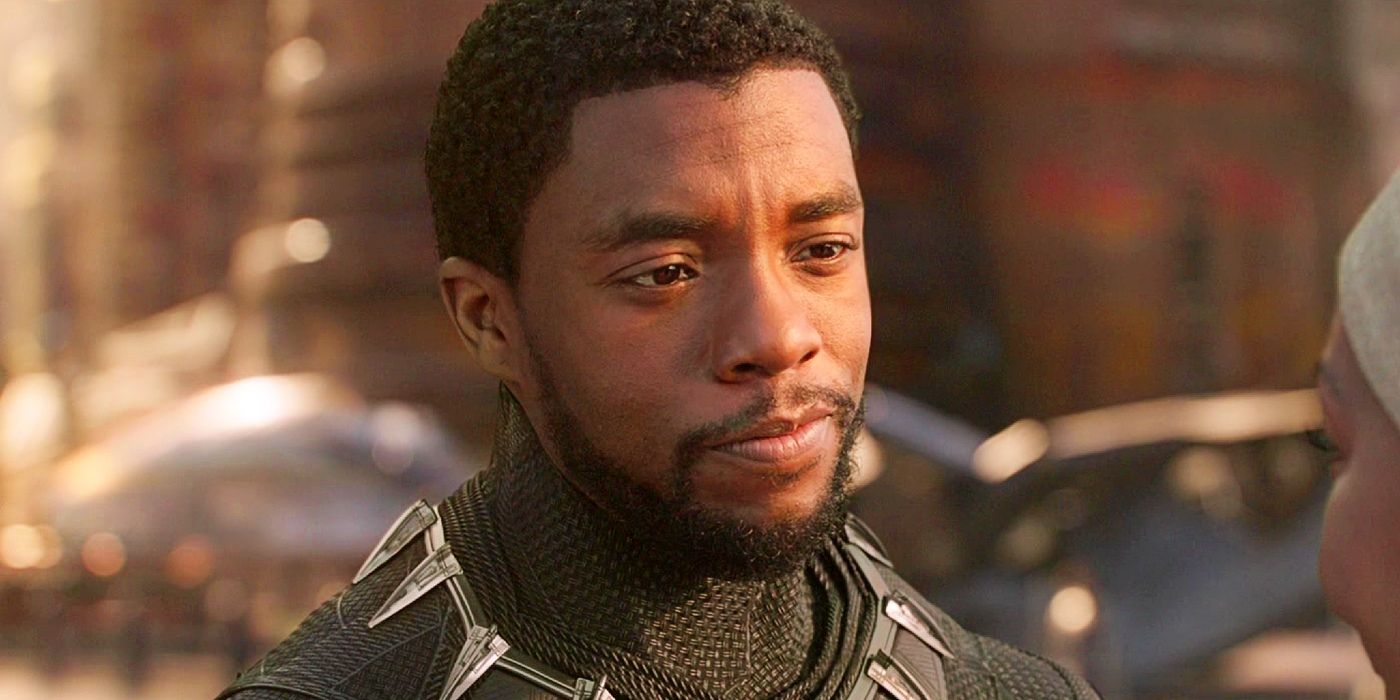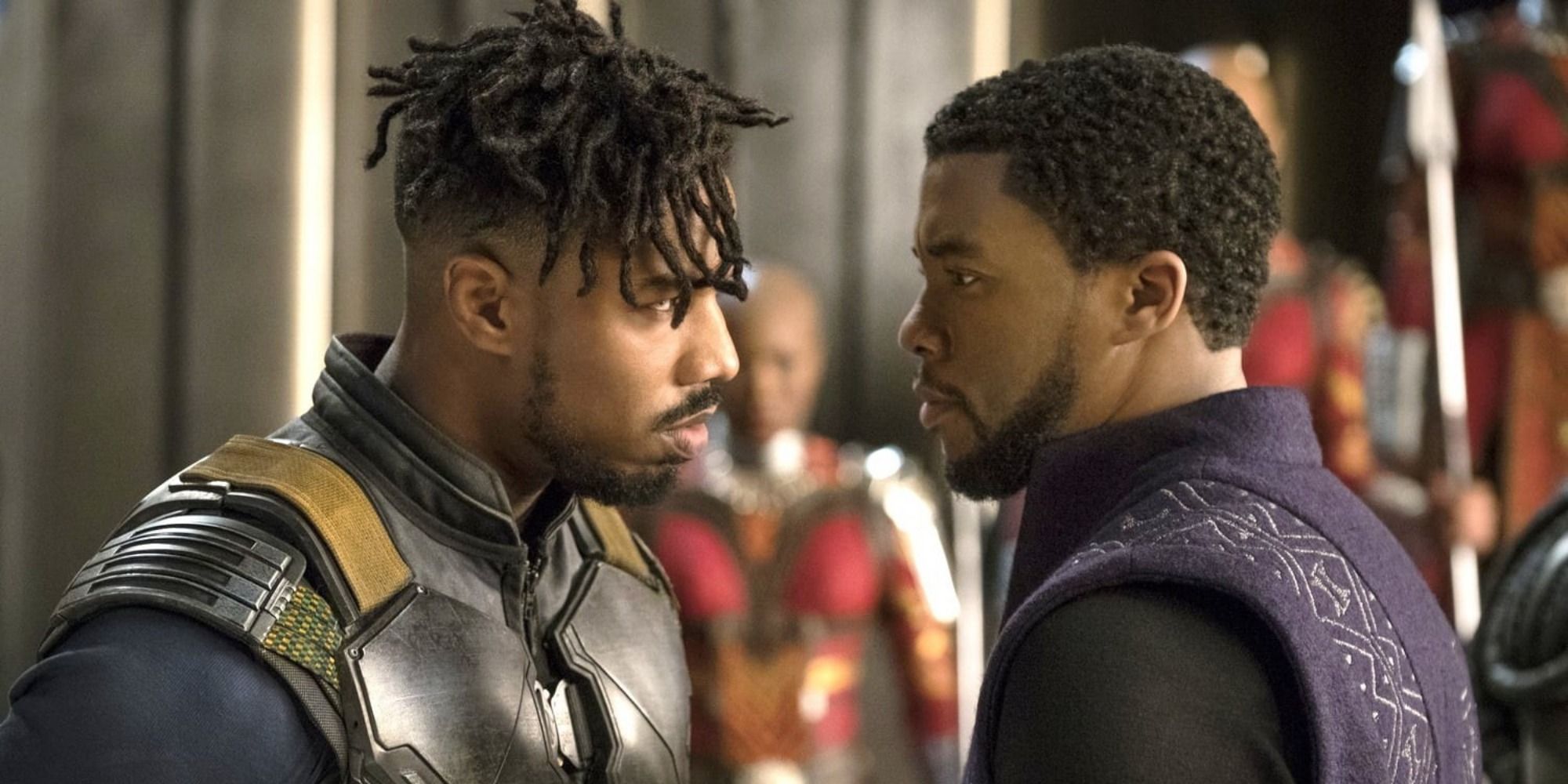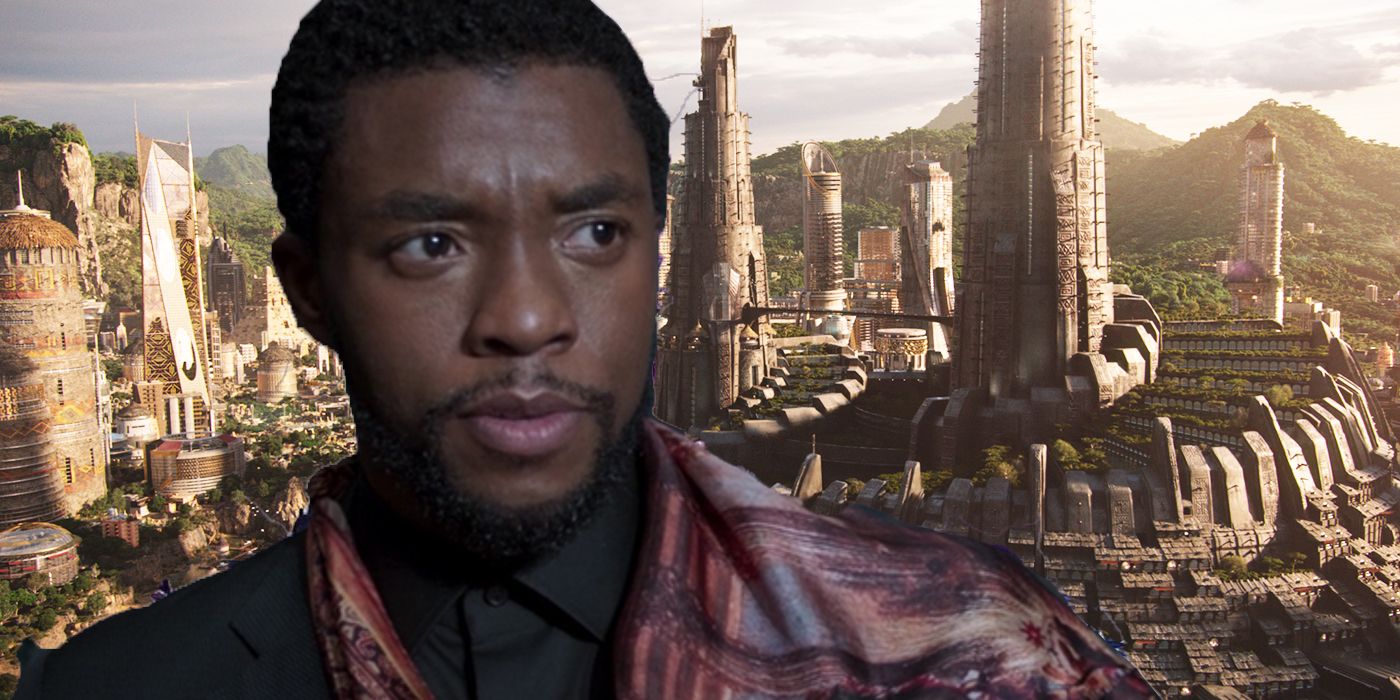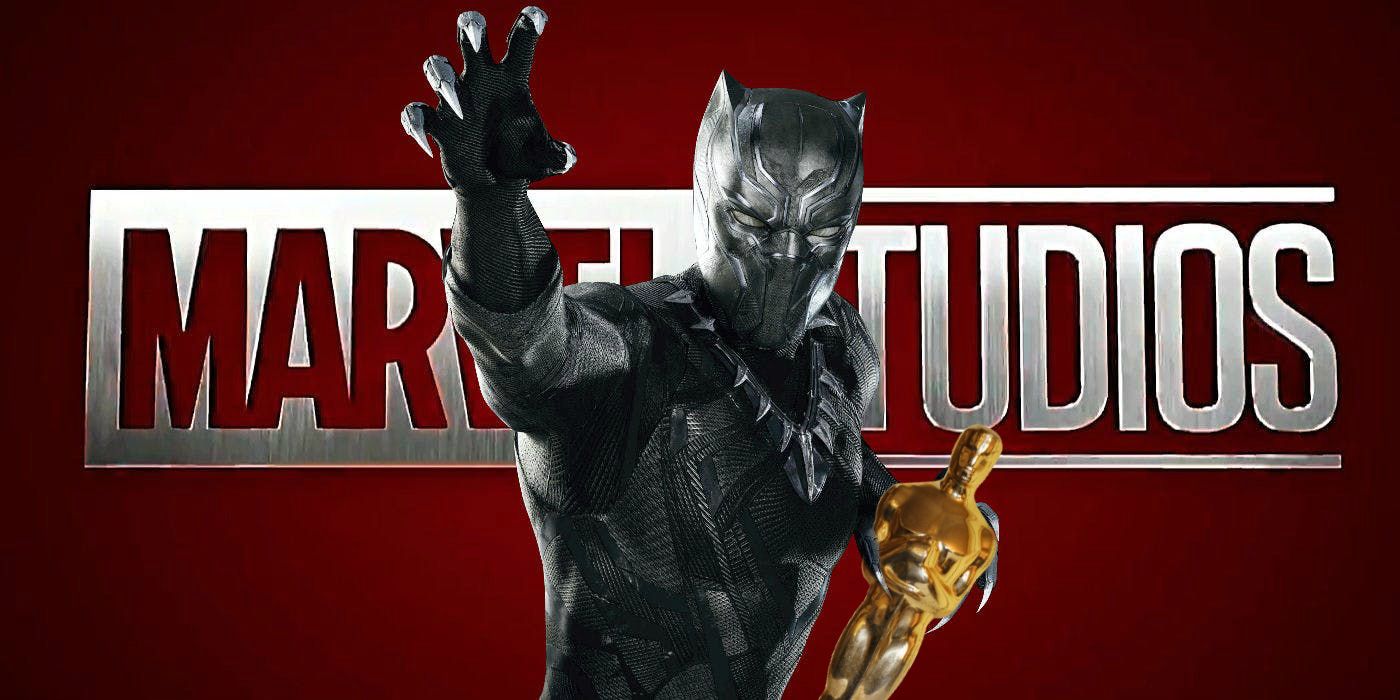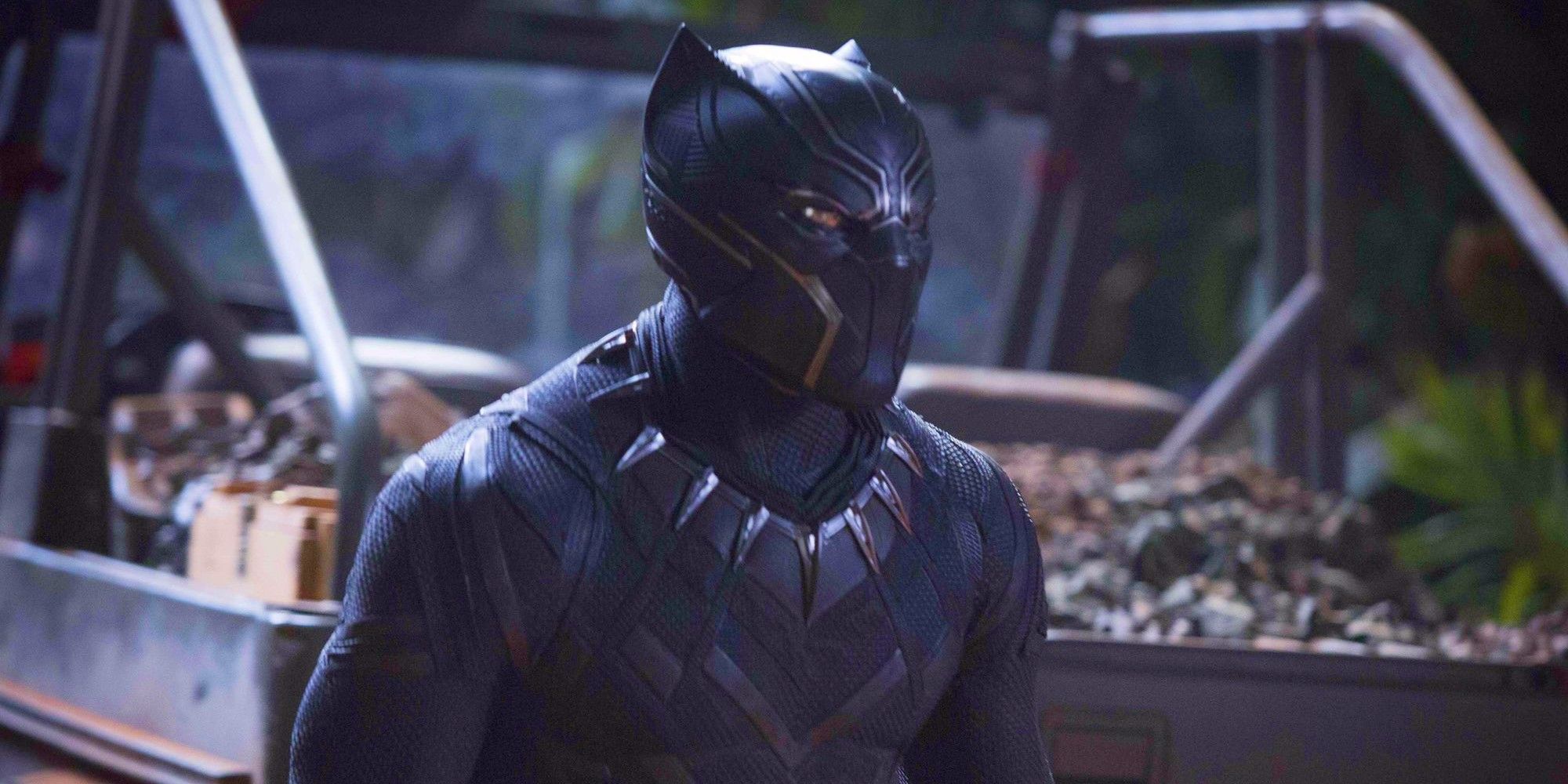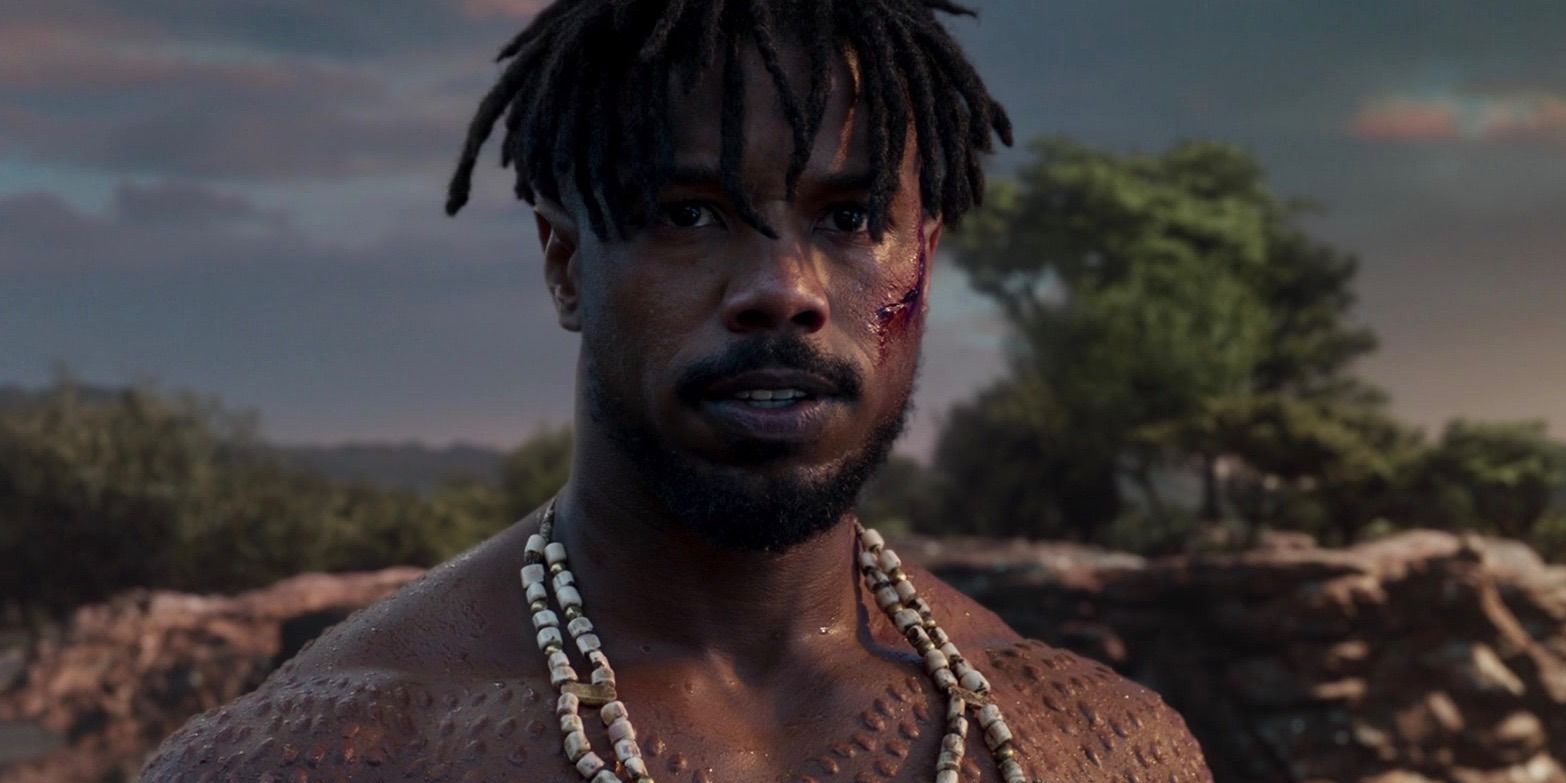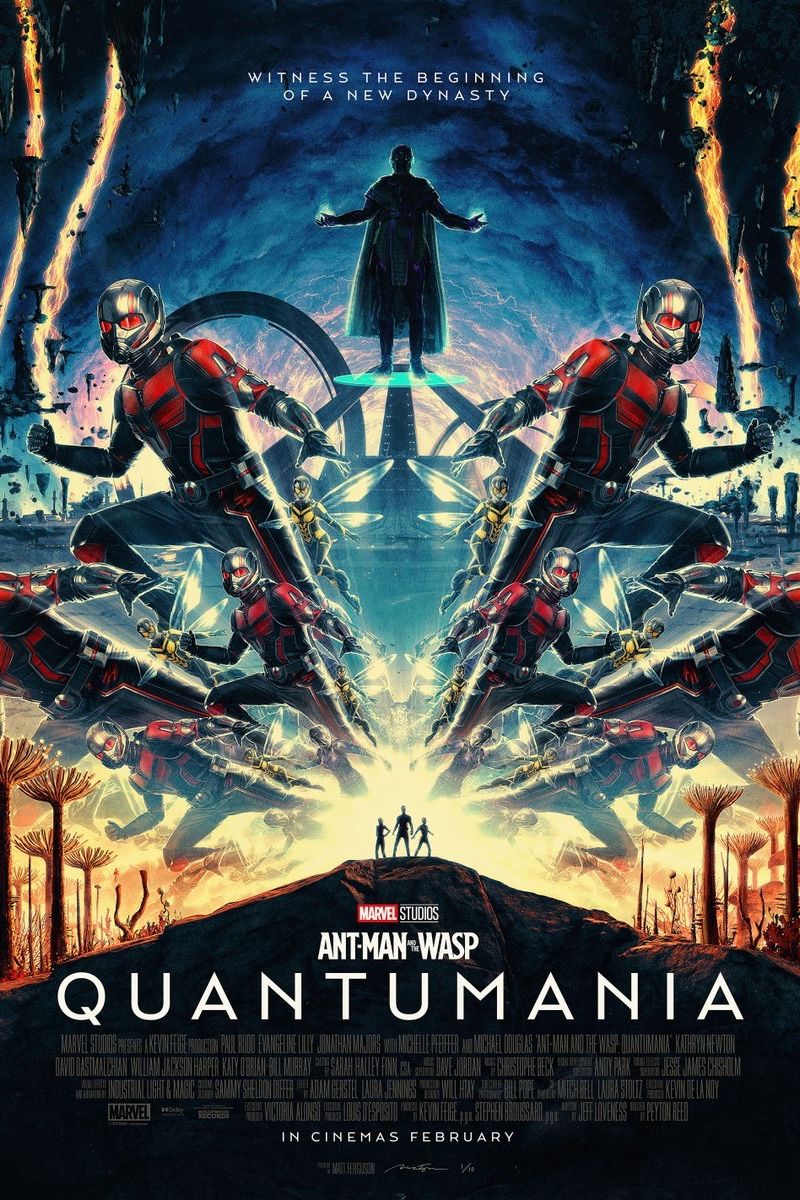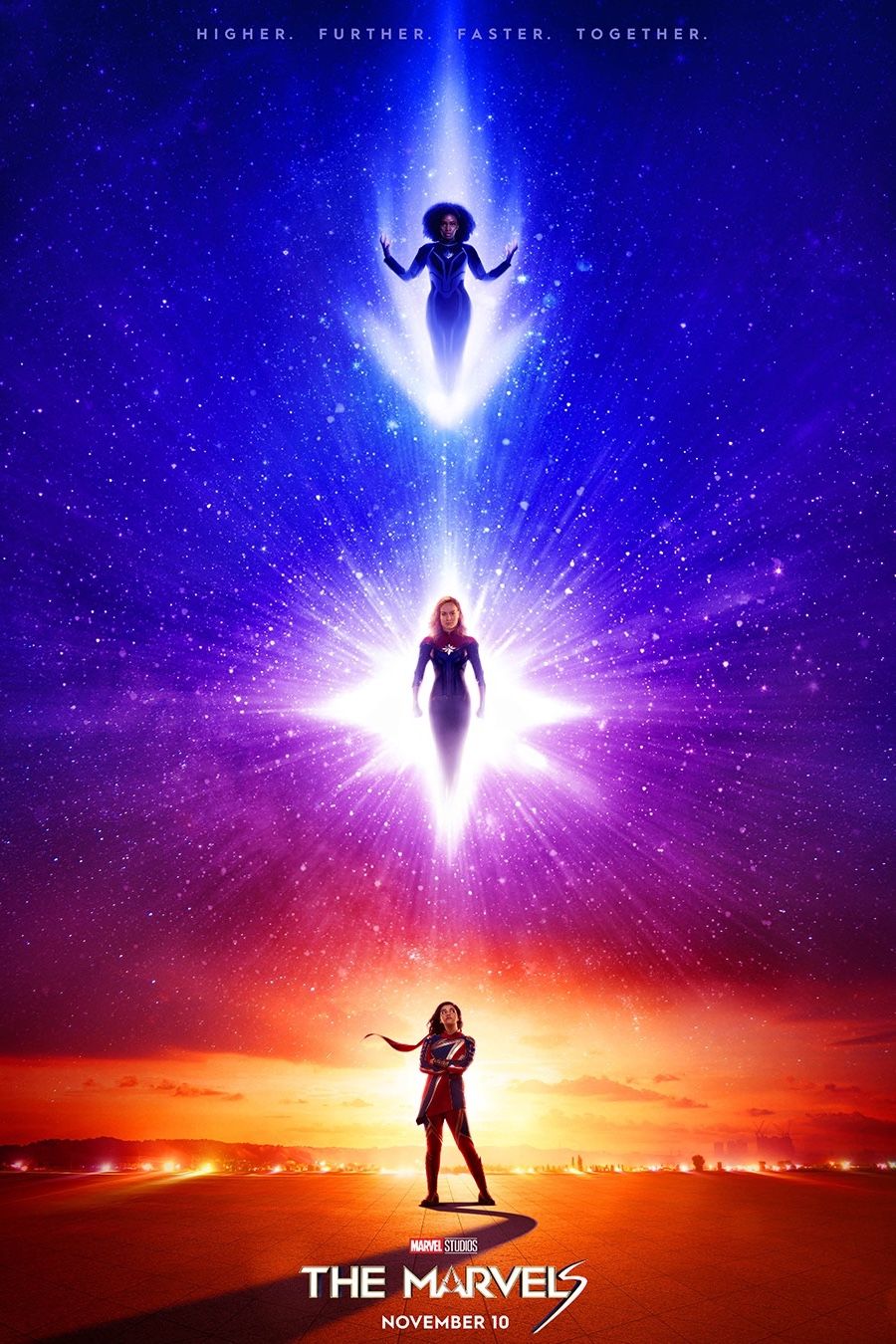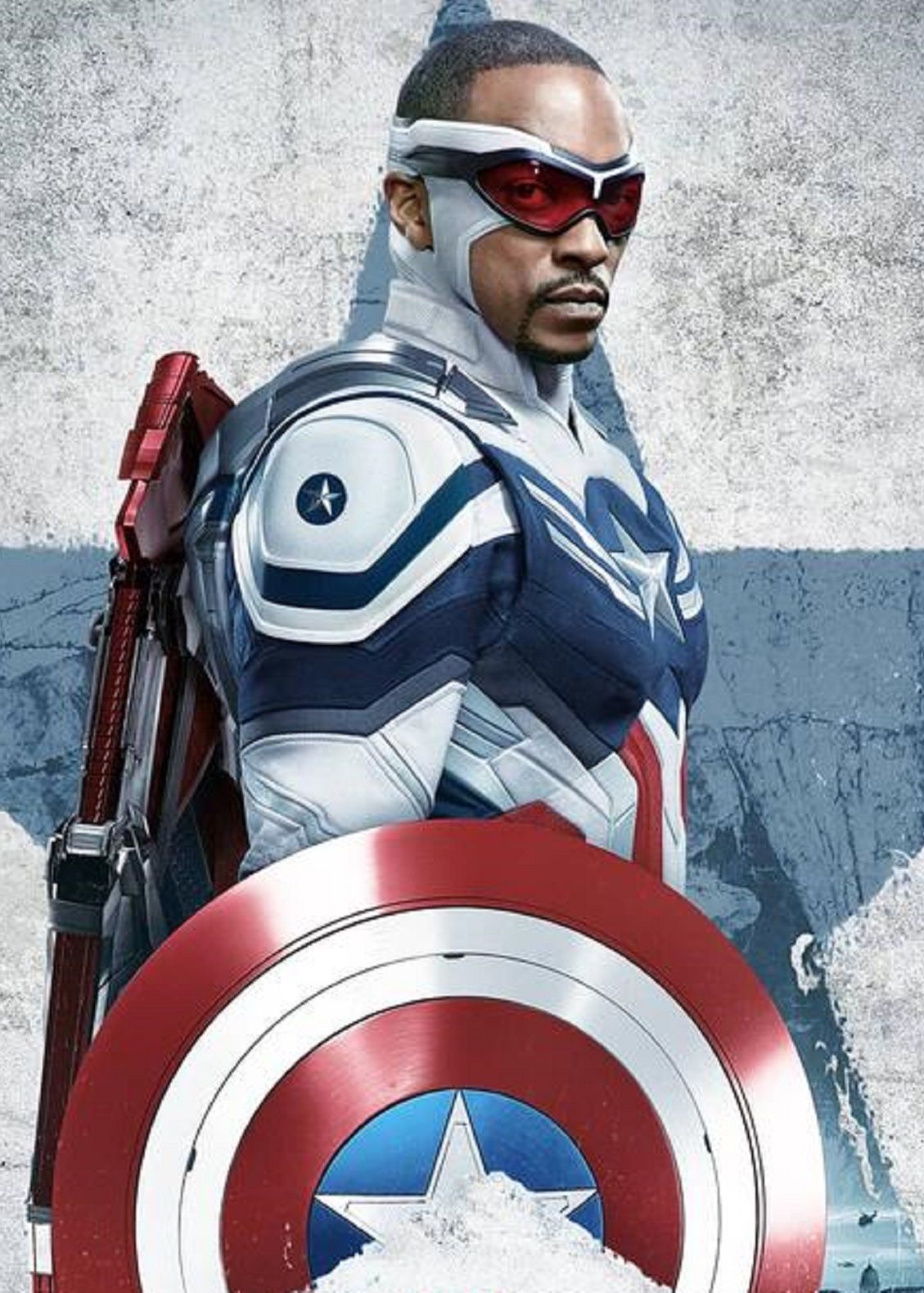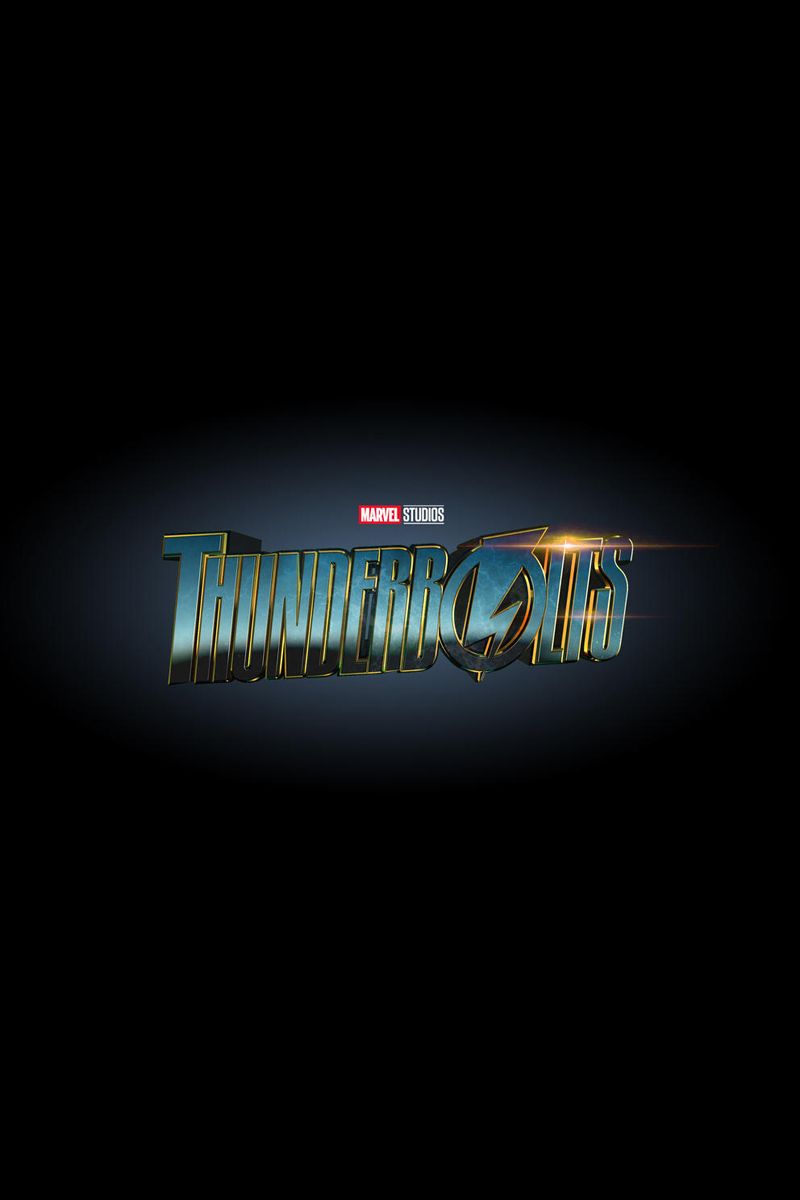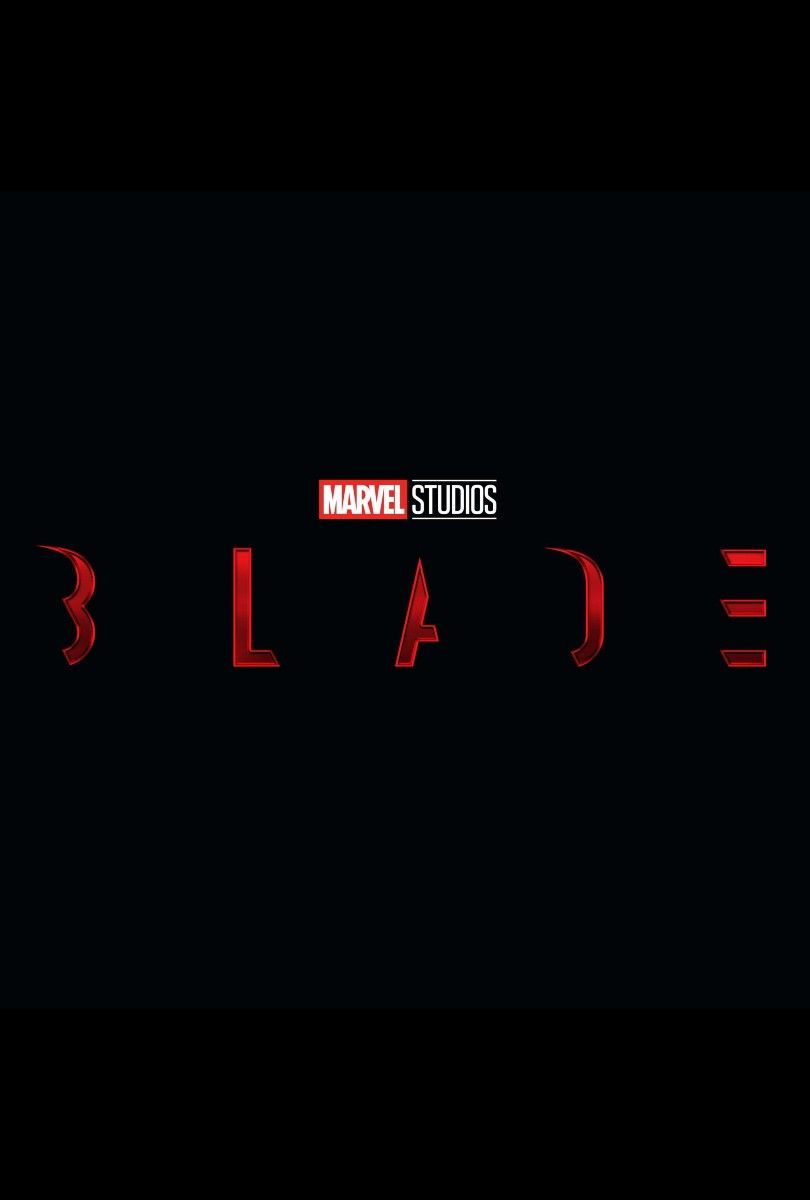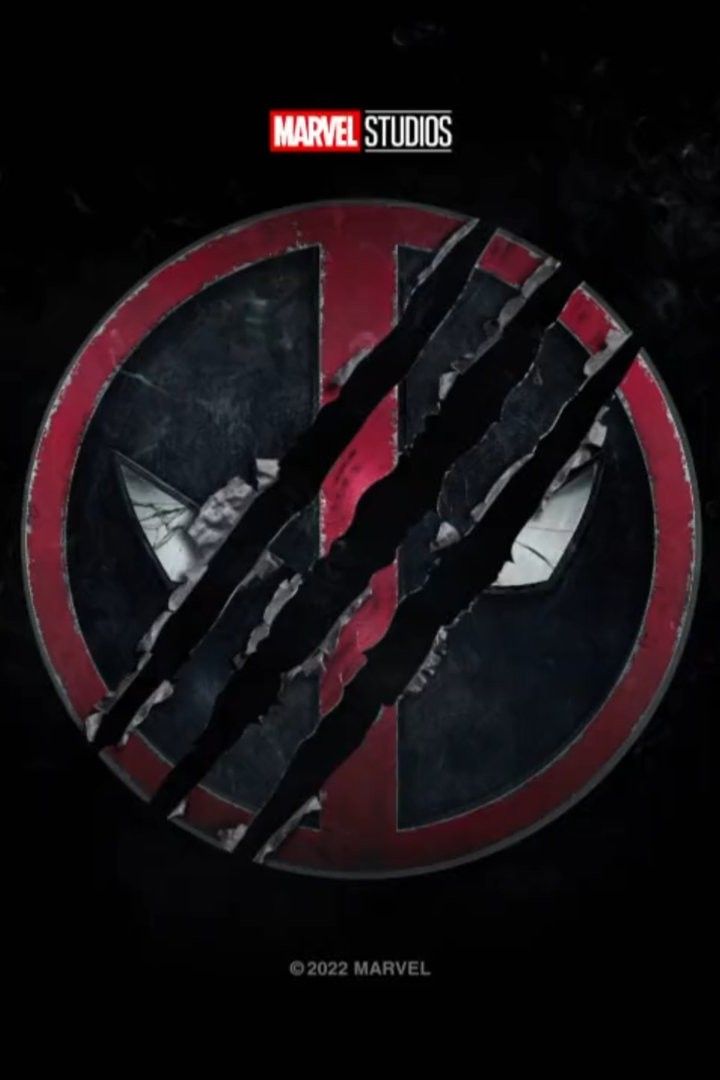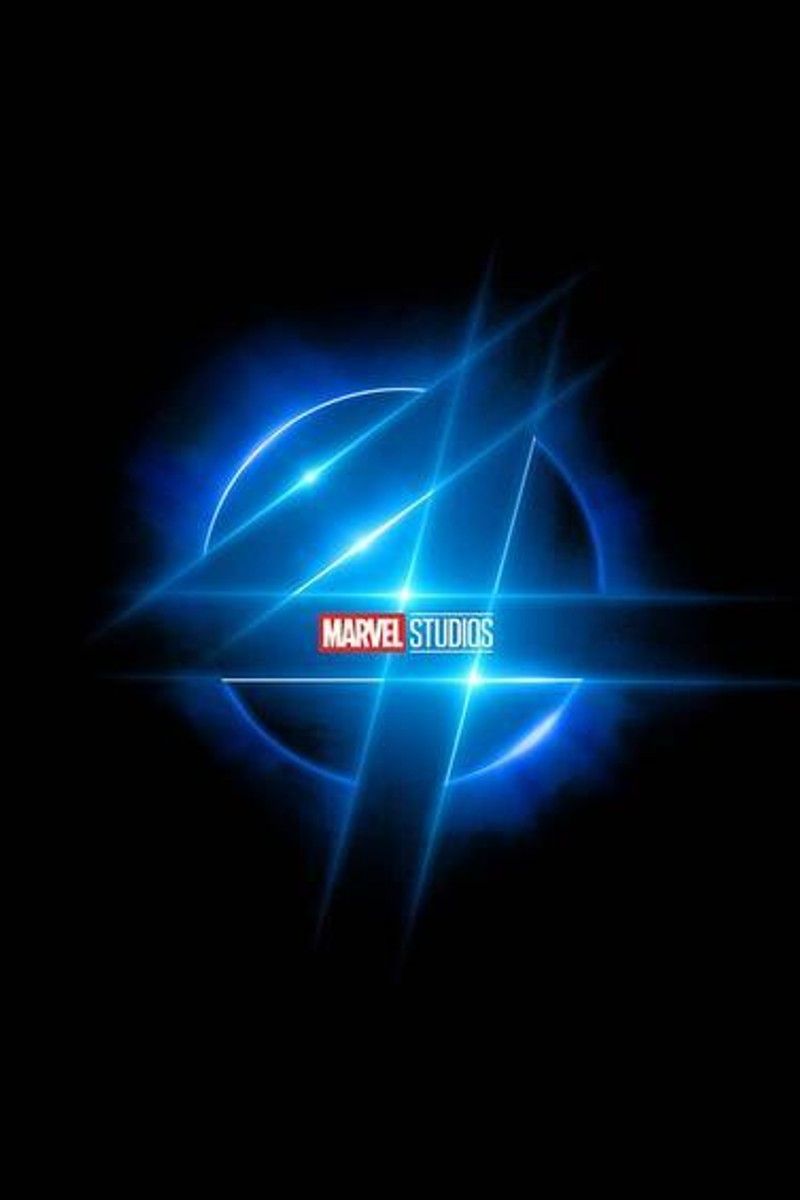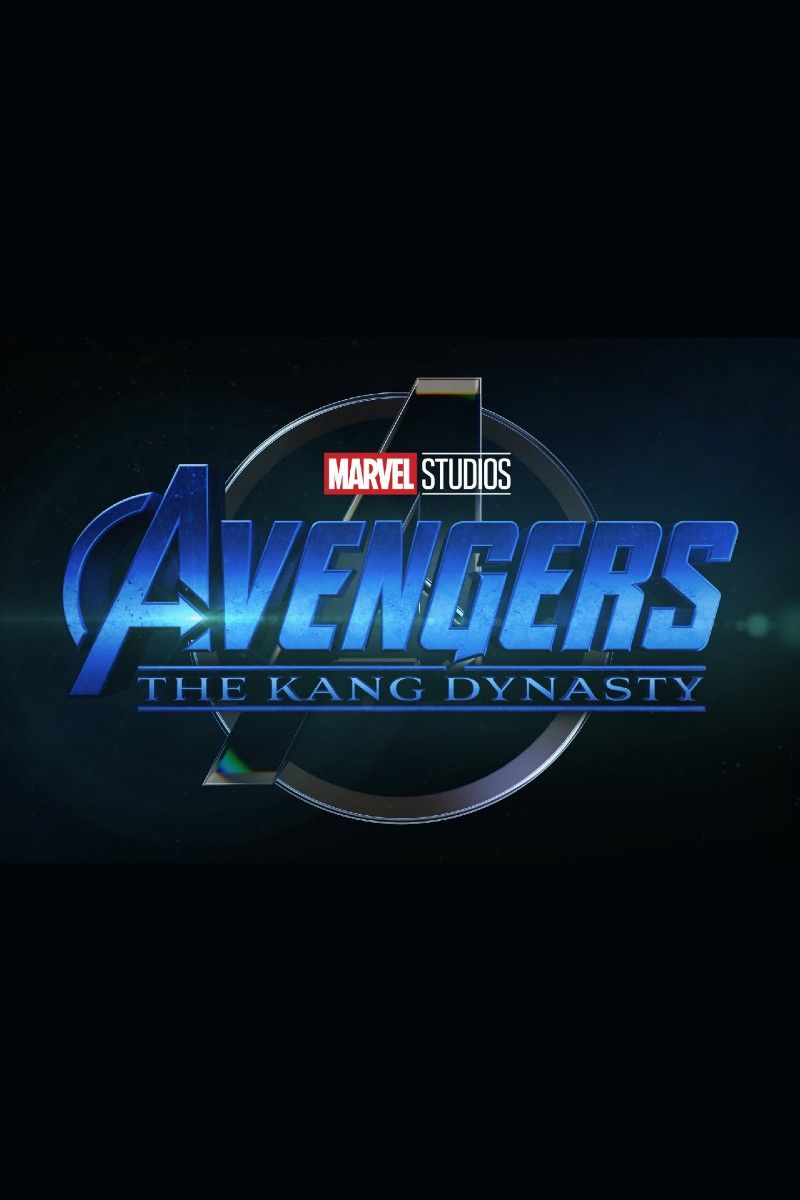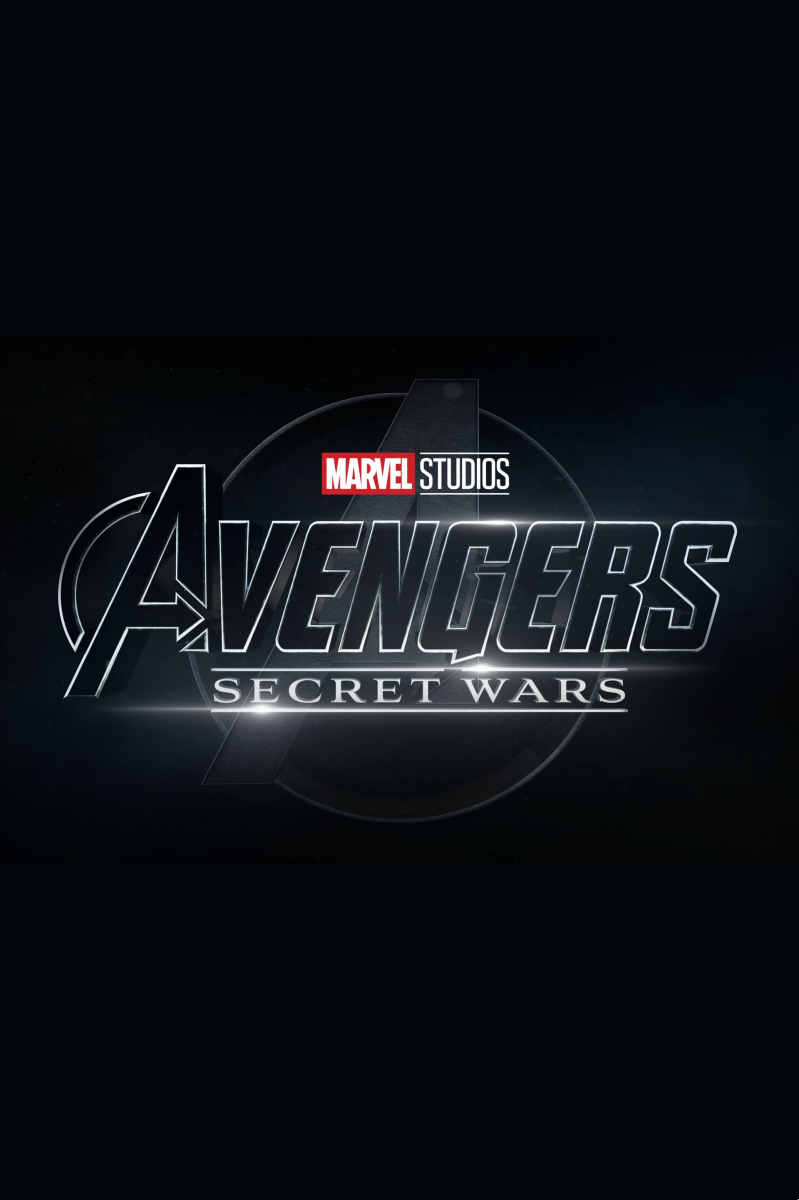Years after its original release, Black Panther changed the Marvel Cinematic Universe in several significant ways, and it shines bright as one of the highest achievements in the franchise. The 2018 movie from director Ryan Coogler brought Chadwick Boseman back as T'Challa following his debut in Captain America: Civil War. Expectations were high for the MCU Phase 3 movie, not only because it served as the lead into Avengers: Infinity War, but because it was the first Marvel Studios movie to feature a Black superhero in the lead role. Black Panther proved to be a game-changing entry in the Infinity Saga.
The long-term impact of Black Panther is easy to see in some ways, such as the development of Black Panther: Wakanda Forever and multiple Disney+ spinoffs. However, the movie proved to be much more important to the MCU's future than simply how it fit into the Marvel machine of endless content. Thanks to its ability to bring much-needed diversity to the MCU's heroes, tell a meaningful story in a blockbuster setting, get awards recognition, and more, Black Panther changed the MCU irreversibly. It is one of the most influential films in the franchise's nearly 15-year run and continues to have a massive legacy.
Black Panther Was A Huge Step Forward For Representation In The MCU
The release of Black Panther in 2018 marked a massive shift for the MCU regarding representation. When the movie was announced in 2014, Marvel Studios had yet to make any movies that featured a non-white male in the lead role. Audiences had met Black heroes like War Machine and Falcon before Black Panther's debut, but they were relegated to sidekick roles. Black Panther became a milestone release for Marvel Studios since it was the first time a non-white hero led a movie in 18 entries. It was also the first Hollywood superhero solo movie with a Black lead character since 2004, which had Blade: Trinity and Catwoman.
It might have taken Marvel Studios way longer than anticipated to make a movie featuring a person of color in the lead role, but Black Panther was the beginning of a promise that more representation would come. The Phase 3 slate included plans for Captain Marvel, which hit theaters in 2019 and became the first MCU movie to feature a female superhero in the lead. Marvel Studios president Kevin Feige had to fight for years to make movies with diverse leads. It was not until Disney promoted him (and took Ike Perlmutter's power away) that the Marvel movies could begin featuring greater representation.
The rave reviews and incredible box office success that Black Panther received gave Marvel Studios the confidence to keep doing more. Black Panther changed the MCU significantly in this way, as movies like Shang-Chi and the Legend of the Ten Rings and Eternals were made with the idea of bringing more diversity to the screen. Marvel also has plans for Captain America: New World Order, Armor Wars, and Blade to be MCU movies with Black leads. The diversity can even be seen with Ms. Marvel, Ironheart, Echo, and more Disney+ shows starring non-white superheroes.
Black Panther Changed What An MCU Movie Could Be
The first Black Panther also changed the MCU in terms of what a Marvel movie can be. Marvel Studios had long prided itself in making superhero movies within different genres, such as Captain America: The Winter Soldier as a political thriller or Ant-Man as a heist movie. However, Black Panther is the first time an MCU movie was so upfront with what it had to say about the real world. With a Black director, writers, and almost exclusively Black cast, Black Panther tackled ideas about race head-on. T'Challa and Killmonger have different perspectives on their African heritage and what they should do with Wakanda's power, leading to profound and complicated conversations.
Black Panther might still fall into problems that plague other MCU movies, like an overly-CGI final fight, but the film still manages to subvert expectations here. All Marvel movies end with the hero and villain squaring off, leaving the hero in a position to defeat the villain or help redeem them. Black Panther takes a different approach, as T'Challa offers to help save Killmonger's life. However, Michael B. Jordan's villain knows that captivity awaits him in that outcome, resulting in his chilling line, "Just bury me in the ocean with my ancestors that jumped from the ships because they knew death was better than bondage."
One could argue that Black Panther's approach to tackling social and political topics is directly responsible for the content that Phase 4 has had. Viewers have seen The Falcon and the Winter Soldier dig even deeper into racism and systematic oppression of Black people in America. At the same time, She-Hulk predicted the reactions of sexist trolls. Moon Knight did not shy away from exploring Marc Spector's dissociative identity disorder, while Shang-Chi and Ms. Marvel brought the experiences of Chinese and Pakistani people to the forefront.
Black Panther's Wakanda Opened Up & Changed The MCU's World
The introduction of Wakanda in Black Panther also changed the MCU's world. The fictional African nation played a massive role in the film and continues to do so as the franchise moves forward. It meant Shuri (Letitia Wright), Okoye (Danai Gurira), M'Baku (Winston Duke), and Nakia (Lupita Nyong'o) could have significant roles in the future. The rare metal vibranium also remains an integral part of the MCU in terms of technological advancements, and Wakanda opening up in Black Panther's ending meant that the entire world had to take notice of the power that the nation held. Instead of being a third-world country, Wakanda immediately became one of the most powerful nations on Earth.
It is also clear that Wakanda's introduction changed the MCU because Marvel became more comfortable exploring different corners of Earth. Before Wakanda's debut, the MCU almost exclusively told stories in New York and other parts of America. Black Panther's ability to establish Wakanda as a central MCU location with rich story potential undoubtedly inspired Marvel's future decisions. Shang-Chi introduced Ta-Lo, and Black Panther: Wakanda Forever introduces Talocan, the MCU's version of Namor's underwater kingdom Atlantis. All of this is built on Wakanda's introduction.
Black Panther Gave The MCU Its First Oscars
Another example of how Black Panther changed the MCU can be seen with the Oscars. The film surprisingly received seven Oscar nominations, including a Best Picture nomination. MCU movies usually do not get this type of awards love. Most receive a Visual Effects nomination, but Marvel has never won in that category. Black Panther ultimately won three Oscars - Best Original Score, Best Costume Design, and Best Production Design - and gave Marvel its first Academy Awards. No other MCU movie has come close to matching Black Panther's Oscars success, but the movie still managed to prove the supposed Oscars bias against Marvel movies can be broken.
Black Panther Became The MCU's Biggest Solo Movie
Black Panther changed the MCU with its box office performance too, as it shattered multiple records on its path to becoming the MCU's biggest solo movie. The final worldwide haul for Black Panther's box office was $1.3 billion, which is more than any solo movie featuring Iron Man, Captain America, Thor, Ant-Man, Doctor Strange, and so on has made. Only the four Avengers movies have earned more worldwide, while Black Panther is the second-highest-grossing MCU movie domestically. The movie proved that Black audiences would flock to theaters after being underrepresented for years. The $700 million domestically is by far the most for an MCU solo movie.
Black Panther's Killmonger Proved How Good MCU Villains Can Be
The bar for MCU villains also changed thanks to Black Panther and Michael B. Jordan's Killmonger. The franchise had some good and memorable villains in the past, but Killmonger received greater attention than most and was elevated by strong writing and Jordan's excellent performance. Black Panther proved Marvel movie villains can have their perspective shown and even make them fight for a worthy cause. Killmonger wanted to help Black people around the world by using Wakanda's resources, but the lethal method he tried to use was where he crossed into villain territory. Still, Black Panther changed the MCU by arguably giving the franchise its best villain.

